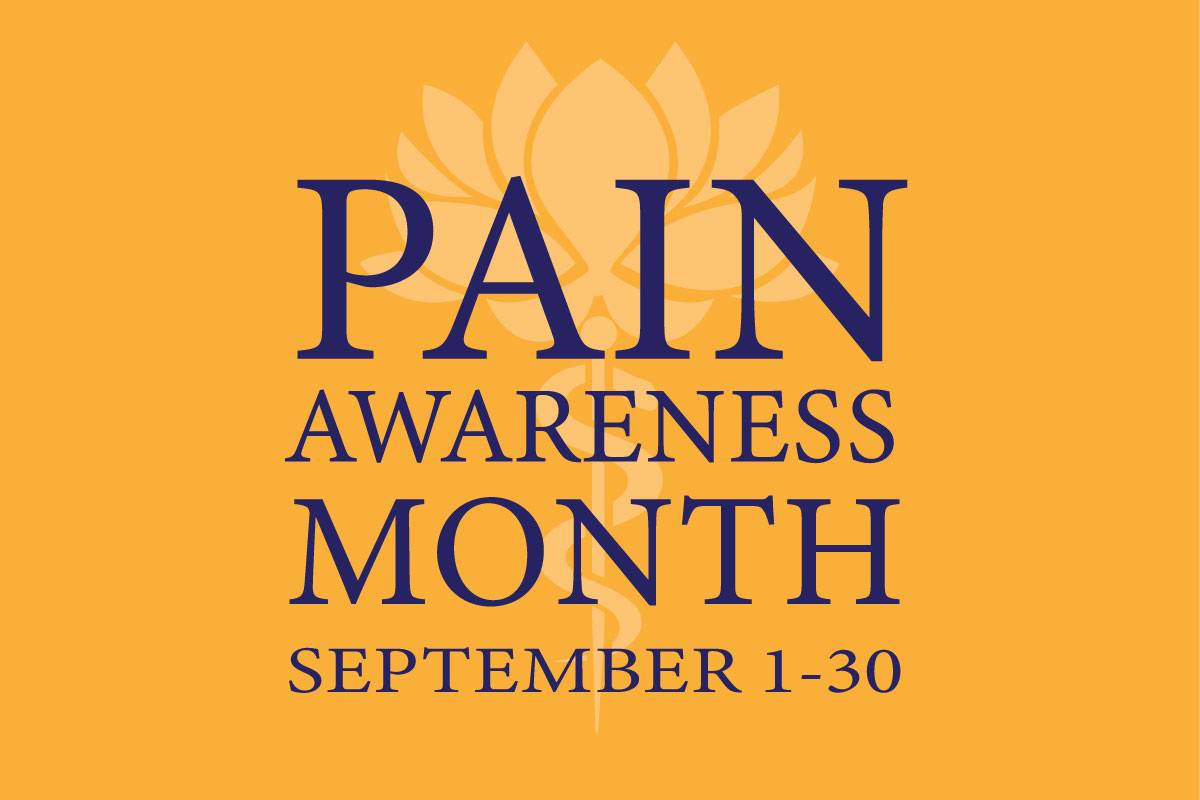
5 Ways We Can Keep Your Immune System Strong
December 10, 2025/by Kaplan Center
Want to Take Your Workout to the Next Level Next Year? These Tips Can Help
December 8, 2025/by Kaplan Center
Dr. Kaplan’s Dos and Don’ts of the Holiday Season
December 3, 2025/by Kaplan Center
Let’s Talk Webinar – A Root Cause Q&A
December 2, 2025/by Kaplan Center
Navigating Holiday Meals with Gut Issues: Simple Tips for a Comfortable Season
December 1, 2025/by Chardonée Donald, MS, CBHS, CHN, CNS, LDN
Craniosacral Therapy for TMJ | Say Goodbye to the Daily Grind
November 19, 2025/by Patricia Alomar, M.S., P.T.
From Compassionate Care to Personal Healing: A Letter to My Patients
November 18, 2025/by Kaplan Center
8 Steps to a Healthier Gut—and a Longer, Healthier Life
November 18, 2025/by Kaplan Center
Mid-Life Irritability & Fatigue Improved by Hormonal Balancing
November 13, 2025/by Lisa Lilienfield, MD
From Challenges to Change: Dr. Kaplan on Healthcare’s Biggest Challenges
October 29, 2025/by Kaplan Center
Overlooked Dangers of Mold Exposure and How to Stay Safe – Dr. Kaplan Talks to WUSA9
October 27, 2025/by Kaplan Center
Let’s ‘Fall’ Into Wellness: A Nutritionist-Approved Immune-Boosting Recipe for Cold and Flu Season
October 13, 2025/by Chardonée Donald, MS, CBHS, CHN, CNS, LDN
PANS/PANDAS – When Sudden Symptoms Signal Something More
October 9, 2025/by Kaplan Center
Beating Burnout, A Nutritionist’s Perspective
October 1, 2025/by Chardonée Donald, MS, CBHS, CHN, CNS, LDN
3 Things That Can Happen After Stopping GLP-1s
September 11, 2025/by Chardonée Donald, MS, CBHS, CHN, CNS, LDN
What Families Need to Know About COVID and Flu Season
September 3, 2025/by Kaplan Center
September is Pain Awareness Month
September 1, 2025/by Kaplan Center
Dr. Kaplan Spoke to Northern Virginia Magazine About COVID, Flu, and Immunity — Here’s What You Should Know
August 14, 2025/by Kaplan Center
“Why Do I Feel Like Crap?”: The Overlap Between Long COVID and Perimenopause
July 30, 2025/by Kaplan Center
Why People Are Turning to EMDR (and Why You Might Want to Too)
July 23, 2025/by Kaplan CenterAre you looking to improve your overall wellness?
Personalized care you can trust.
Our integrative, non-surgical treatment approach is highly successful in maintaining wellness and also treating chronic pain and illness. For more than 30 years, we have delivered superior, cutting-edge health care in the Washington, DC area.
QuickLinks
Contact Information
Tel: 703-532-4892
Fax: 703-237-3105
6829 Elm Street, Suite 300
McLean, Virginia 22101
Map It
Hours of Operation
Mon – Thu : 8 am – 5 pm, ET
Fri : 8 am – 12 pm, ET
Black Lives Matter
/in News/by Gary Kaplan, DOThe Kaplan Center stands in support of racial equality and justice. To support the fight against inequality, injustice, and systemic racism, we have donated $1000 to each of the organizations listed below.
“If you are neutral in situations of injustice, you have chosen the side of the oppressor. If an elephant has its foot on the tail of a mouse, and you say that you are neutral, the mouse will not appreciate your neutrality.” ― Desmond Tutu
BLACK LIVES MATTER
#BlackLivesMatter was founded in 2013 in response to the acquittal of Trayvon Martin’s murderer. Black Lives Matter Foundation, Inc is a global organization in the US, UK, and Canada, whose mission is to eradicate white supremacy and build local power to intervene in violence inflicted on Black communities by the state and vigilantes.
SOUTHERN POVERTY LAW CENTER (SPLC)
The Southern Poverty Law Center is dedicated to fighting hate and bigotry and to seeking justice for the most vulnerable members of our society. Using litigation, education, and other forms of advocacy, the SPLC works toward the day when the ideals of equal justice and equal opportunity will be a reality.
MID-ATLANTIC INNOCENCE PROJECT (MAIP)
More than 600 years. That’s how long, collectively, 33 innocent men spent in prison for crimes they didn’t commit – until MAIP helped restore their freedom. Focused on cases in DC, Maryland, and Virginia, MAIP rigorously screens and investigates innocence claims from prisoners and their families.
BORIS LAWRENCE HENSON FOUNDATION
The Boris Lawrence Henson Foundation is a nonprofit organization founded in 2018 by Taraji P. Henson and led by Executive Director, Tracie Jade Jenkins. The foundation is named in honor of Ms. Henson’s father, Boris Lawrence Henson, who suffered from mental health challenges as a result of his tour of duty in the Vietnam War. We are committed to changing the perception of mental illness in the African-American community by encouraging those who suffer from this debilitating illness to get the help they need.
COLOR OF CHANGE
Color Of Change helps people respond effectively to injustice in the world around us. As a national online force driven by 1.7 million members, we move decision-makers in corporations and government to create a more human and less hostile world for Black people, and all people. Until justice is real.
HRV Biofeedback for Managing Stress
/in Treatments/by Jodi Brayton, LCSWEmotions, even more than thoughts, activate and drive the physiological changes in the stress response. Feelings of anxiety, irritation, frustration, impatience, and hopelessness are what people mean when they say they are “stressed out.”
For optimal health and resilience, it is important to regulate emotional reactions because they are what push the imbalance in the nervous system. The heart is a key component of the emotional system and negative emotions sap our energy and rob us of the ability to think clearly. You can either deplete or renew your physical, mental, and emotional energy reserves.
“Fight or Flight” versus “Rest and Digest”
Heart Rate Variable (HRV) is a biomarker of the balance in the Autonomic Nervous System (ANS). The ANS is tied to every automatic process in the body and is comprised of two main branches that work together to control the body’s stress and recovery processes.
Under stress, one branch of your nervous system, the “fight or flight” branch, becomes very active. When this happens, HRV goes down and there is an imbalance between the two branches.
In an ideal situation, the stress is only temporary, the “rest, digest, and recover” branch of the nervous system kicks in causing the HRV to go up again, and the nervous system returns to equilibrium. However, a busy, frenetic, and stressful lifestyle can cause the imbalance to persist throwing the system into a chronic state of fight or flight.
Because this shift happens at such a gradual pace, we might not even notice there is a problem. In fact, a chronic state of fight or flight can become so familiar that any other way of being can just feel wrong and unfamiliar.
Since the insidious effect of long-term stress may be the single most harmful assault against our body’s health, getting an objective measure of it is important.
Click here to learn more about Heart Rate Variability assessments.
We are here for you, and we want to help.
Our goal is to return you to optimal health as soon as possible. To schedule an appointment please call: 703-532-4892 x2
Telemedicine: Stay Connected with Your Providers During COVID-19
/in COVID-19, Wellness/by Lisa Lilienfield, MDTelemedicine appointments at The Kaplan Center have helped Dr. Lisa and many of our other providers stay connected with patients while delivering the same quality of healthcare.
> Read more about Telemedicine services at The Kaplan Center
> Read more about Dr. Lisa Lilienfield
We are here for you, and we want to help.
Our goal is to return you to optimal health as soon as possible. To schedule an appointment please call: 703-532-5805
SPECIAL REPORT
Understanding Post-Covid Syndrome